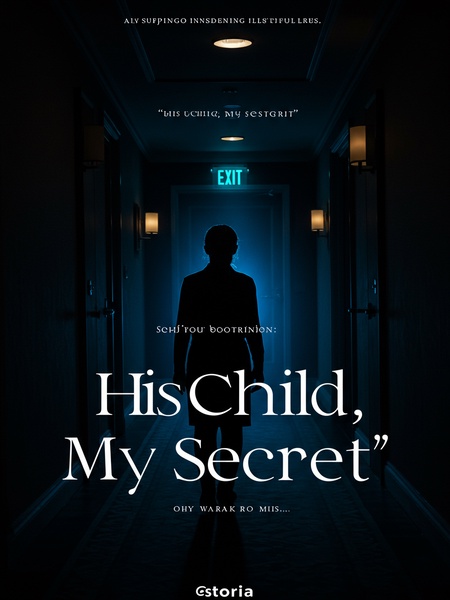Chapter 4: Outcast
After I came home, Governor Shannon hosted a spring gala.
She wanted to find me a husband, to make up for the years I’d spent in exile, hoping I’d find happiness again.
But the sons of the city’s elite all avoided me. At the gala, laughter faded whenever I passed, conversations stopped, and every smile seemed forced. The punch was flat, the string quartet played like it was a funeral march.
Caleb didn’t show up either.
What was the point of serving the state?
A woman was supposed to be loyal to one man—no one wanted to marry the girl who’d been traded away for peace.
Even the Governor’s favor was useless. The old families cared more about their own reputations than political power.
The gala ended early.
Even though I’d expected it, the loneliness hit hard. Every time I passed a group, their laughter died. I felt like a ghost in my own life, drifting between strangers and old friends who suddenly forgot my name.
I asked Dad if I could move to my own townhouse. He agreed, but his eyes darted away, full of guilt.
I knew the truth: I was proof that he’d traded his daughter for glory, proof of his own weakness. I moved into the red-brick townhouse on Sycamore Street, unpacked my old yearbooks and prom dresses, scrolling through Instagram and seeing party photos where I was cropped out, group texts left on read—pretending it was freedom.
Governor Shannon, once my mother’s bitter enemy, now looked at me with sympathy.
"The world’s tough enough. Women shouldn’t make things harder for each other."
She sent me gold, silver, and jewels. "If I can’t help you find a good husband, at least I can give you some comfort."
The party faded; the dream dissolved. I sat by my window, watching the city lights come on, and wondered if I’d ever belong anywhere again.
Continue the story in our mobile app.
Seamless progress sync · Free reading · Offline chapters